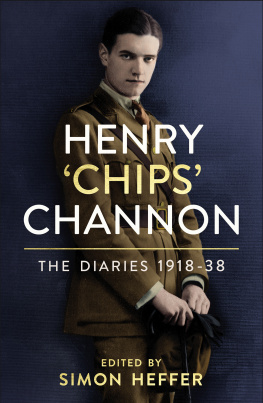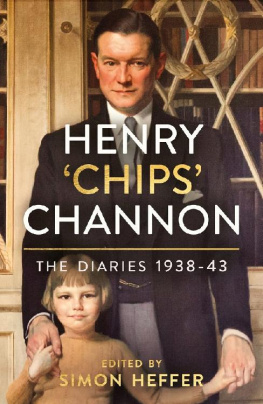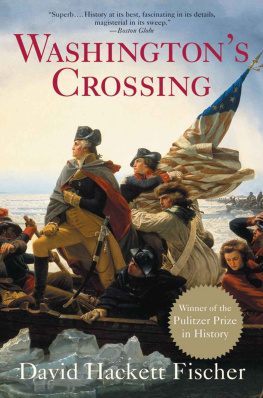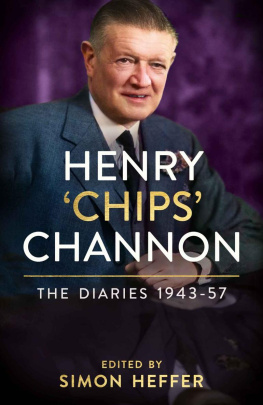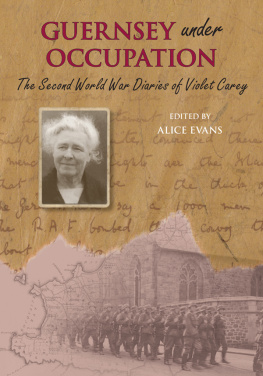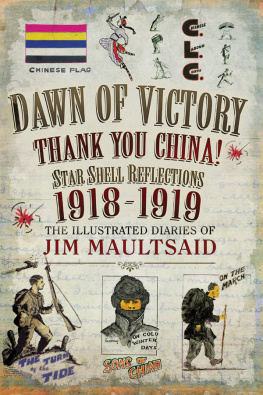Sir Henry Channon - The Diaries of ‘Chips’ Channon: 1918–38
Here you can read online Sir Henry Channon - The Diaries of ‘Chips’ Channon: 1918–38 full text of the book (entire story) in english for free. Download pdf and epub, get meaning, cover and reviews about this ebook. publisher: Penguin Books Ltd, genre: Non-fiction. Description of the work, (preface) as well as reviews are available. Best literature library LitArk.com created for fans of good reading and offers a wide selection of genres:
Romance novel
Science fiction
Adventure
Detective
Science
History
Home and family
Prose
Art
Politics
Computer
Non-fiction
Religion
Business
Children
Humor
Choose a favorite category and find really read worthwhile books. Enjoy immersion in the world of imagination, feel the emotions of the characters or learn something new for yourself, make an fascinating discovery.
- Book:The Diaries of ‘Chips’ Channon: 1918–38
- Author:
- Publisher:Penguin Books Ltd
- Genre:
- Rating:3 / 5
- Favourites:Add to favourites
- Your mark:
- 60
- 1
- 2
- 3
- 4
- 5
The Diaries of ‘Chips’ Channon: 1918–38: summary, description and annotation
We offer to read an annotation, description, summary or preface (depends on what the author of the book "The Diaries of ‘Chips’ Channon: 1918–38" wrote himself). If you haven't found the necessary information about the book — write in the comments, we will try to find it.
The Diaries of ‘Chips’ Channon: 1918–38 — read online for free the complete book (whole text) full work
Below is the text of the book, divided by pages. System saving the place of the last page read, allows you to conveniently read the book "The Diaries of ‘Chips’ Channon: 1918–38" online for free, without having to search again every time where you left off. Put a bookmark, and you can go to the page where you finished reading at any time.
Font size:
Interval:
Bookmark:


Sir Henry (Chips) Channon was born in Chicago in 1897 (although he claimed 1899 as the year of his birth, until the true facts were exposed to his embarrassment in the Sunday Express). The son of a wealthy businessman, he accompanied the American Red Cross to Paris in 1917, was an undergraduate at Christ Church, Oxford, and then settled in London where he mingled with society and enjoyed the high life. He married into the Guinness family, and became a Conservative MP for Southend from 1935 until his death. He knew or was friends with all the leading politicians and aristocrats of the period, wined and dined Edward VIII and Wallis Simpson in the months before the Abdication crisis, and observed at first hand the last days of appeasement. He died in 1958. Elliot Templeton in Somerset Maughams novel The Razors Edge (1944) and the disappointed schoolmaster Croker-Harris in Rattigans play The Browning Version (1948) were partly inspired by Channon.
Editor's Dedication:
To Georgia Fanshawe and Henry Channon, in memory of their illustrious Grandfather.
Our grandfathers diaries have been part of our lives since we have been old enough to be aware of them. During the lifetime of our father, Paul Channon, Lord Kelvedon, we knew he was approached a number of times over the years about publishing them in full. However, we were also aware of the dilemma he faced, given the initial negative reaction to the heavily abridged edition that was published in 1967, and the fact that many people mentioned in the diaries members of the wider family, friends and acquaintances were still alive.
The last time our father gave serious consideration to publishing a full version was in 2004, when he asked Kenneth Rose to review those diaries that had not been represented in the published abridgement (1918 and 192328, and also the diaries for the years 1954 and 1958 which had turned up in a car boot sale a few years earlier). He also discussed the matter, and Kenneths review, with us and with Robin Howard, who is our co-Trustee for the diaries, and who has acted as an adviser to the Guinness family for many years. He told Robin that he was still in two minds about what to do, but urged that if he had not arranged publication of the full diaries during his lifetime, Robin should encourage us to do so. The fact that a clause in our grandfathers will expressed the hope that the full diaries would be published fifty years after his death in other words, in 2018 added to the expectation that a full version would eventually see the light of day.
We are therefore very pleased that we have been able to realise our grandfathers and our fathers ambition. This would not have been possible, however, without the considerable help and advice of Robin, who, after we had held some abortive discussions with another editor in 2012, offered in late 2016 to take on the task of arranging the full transcription of the diaries. He has gone on to help us agree the appointment of our literary agent, editor and publisher.
The other person we are greatly indebted to is Professor Simon Heffer, who has brought to the task of editing the diaries his outstanding skills and knowledge, as well as great enthusiasm and application. It has been an enormous pleasure working with him.
We would also like to acknowledge the help we have received from Dr Oliver Cox and David Howell of Oxford University, who gave us advice on the handling of the manuscript diaries and other archive material; Alan Williams, who gave us advice on various legal agreements; our literary agent, Georgina Capel; Nigel Wilcockson, publishing director at our publishers Penguin Random House; and Hugo Vickers, who kindly agreed to read the text of Volume 1 and who made some very helpful comments. In addition, we would like to acknowledge the contribution made by Helen Howard, who has assisted Robin by preparing copies of the manuscript diaries for use by the transcribers and Simon and then checking and correcting the transcriptions, and we offer our thanks to the transcribers who worked on Volume 1: Ralph Lopes, Isabella Darby, Haseeb Iqbal and Gabriella Dawson.
Finally, we would like to mention two important points about this new edition. Firstly, given the historical value of the diaries, we felt it vital that Simon should have full editorial control over what to include. Secondly, as Simon discusses more fully in his Introduction, we wish to stress that because the diaries inevitably reflect the attitudes of the time they were written, they include some language and opinions that are now rightly considered to be outdated and offensive. They also contain sometimes critical or disparaging comments and disclosures about the parents and relatives of members of our wider family and friends. We want to make it clear that such material has been retained solely to ensure the editorial integrity of the diaries, and that its inclusion does not mean that we in any way condone it, or wish to cause embarrassment or offence.
Georgia Fanshawe and Henry Channon
The publication in 1967 of a condensed and highly redacted edition of the diaries of Sir Henry Channon the politician known since his time at Oxford in the early 1920s as Chips caused a literary sensation. An unexpurgated edition was impossible, as many of those mentioned in the diaries were still alive. Indeed, Lady Honor Svejdar, Channons wife whom he divorced in 1945, commented to Channons close companion Peter Coats that although she was rivetted [sic] by the diaries when she read them in draft, I think some of the catty remarks (which fascinate) MUST be cut. Her main concern was the obloquy that she feared would fall on their son, Paul (19352007; later Lord Kelvedon), himself then a Conservative MP who went on to become a Cabinet minister. Most people remember that Chips tried to leave them untouched for fifty years we know that he told Paul he saw no reason why they shouldnt be published, but they dont. Some of these catty remarks would still be resented by people who might therefore not promote Pauls political career. She was concerned notably, too, about how the 2nd Earl of Halifax, to whom she was related, would take some of the remarks about his father, Neville Chamberlains Foreign Secretary; or how the Queen Mum might react to some of the entries about her. Unsure as Lady Honor said she was about the contemporary world of politics, and the possible reactions of the children of her former husbands friends and enemies described within the diaries, she told Coats that I have begged Paul to read them carefully from that point of view. She said for her part she had cut nothing except a few disobliging remarks about her friends and some matters to do with money that she felt would reflect badly on Chips.
Those who devoured the book found that the joy of reading Channon was not just that he was an acute observer who wrote with candour and wit, and without the pomposity, conscious self-aggrandisement and dishonesty too often found in this genre. His readers also found that he expressed his opinions on issues and of others freely, and did not shrink from retailing gossip and scandal about his friends, enemies and acquaintances. Had the diaries then been published in their entirety, the ensuing libel suits would have ruined his publisher, despite the overwhelming majority of the gossip Channon retailed having (as history has often proved) a sound basis in fact.
Next pageFont size:
Interval:
Bookmark:
Similar books «The Diaries of ‘Chips’ Channon: 1918–38»
Look at similar books to The Diaries of ‘Chips’ Channon: 1918–38. We have selected literature similar in name and meaning in the hope of providing readers with more options to find new, interesting, not yet read works.
Discussion, reviews of the book The Diaries of ‘Chips’ Channon: 1918–38 and just readers' own opinions. Leave your comments, write what you think about the work, its meaning or the main characters. Specify what exactly you liked and what you didn't like, and why you think so.

